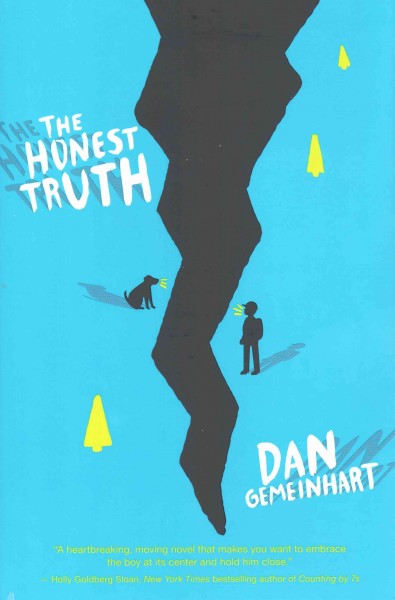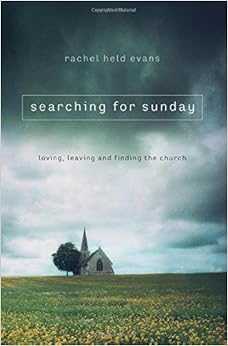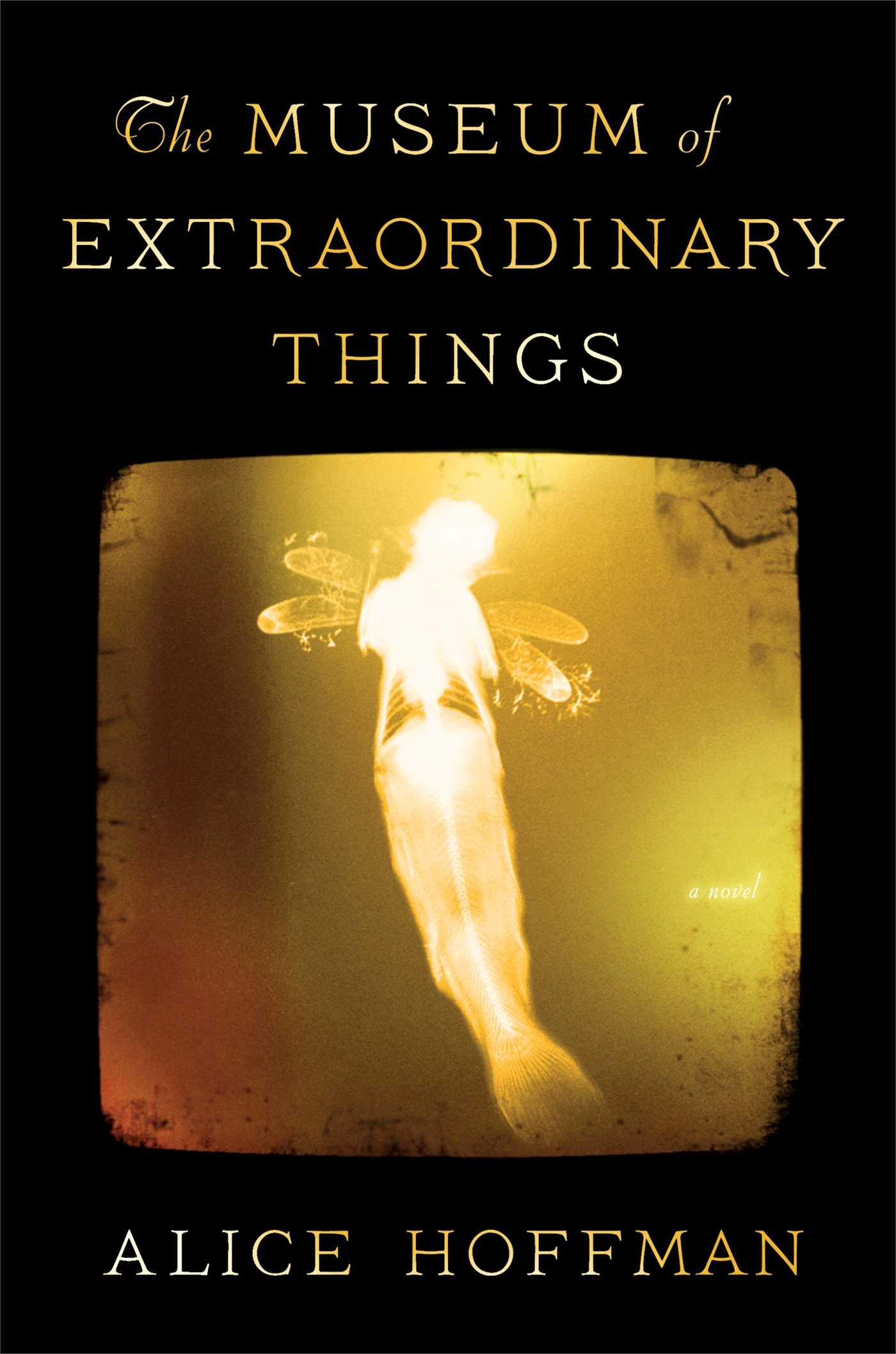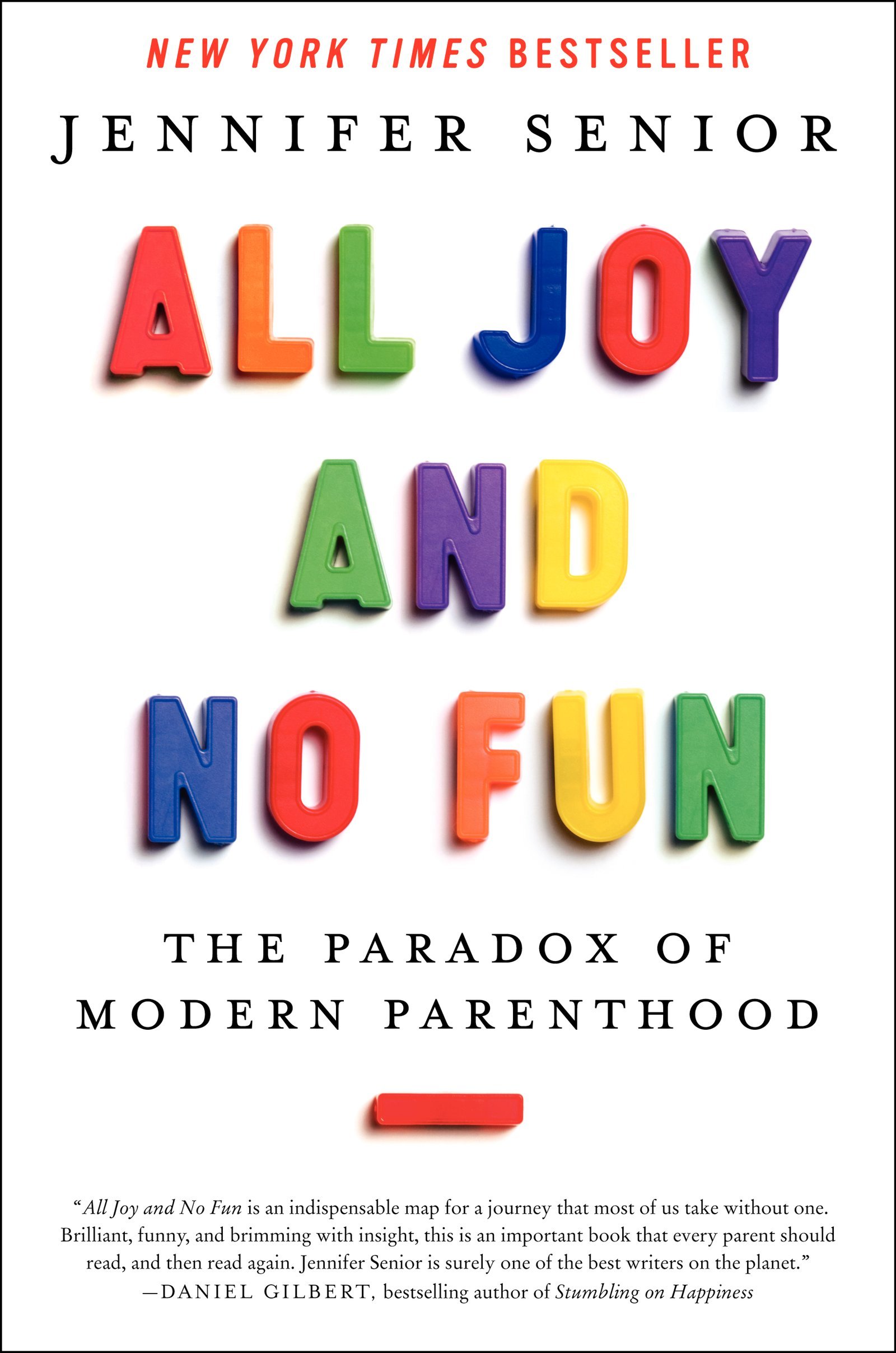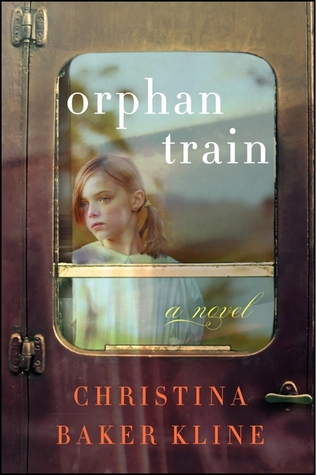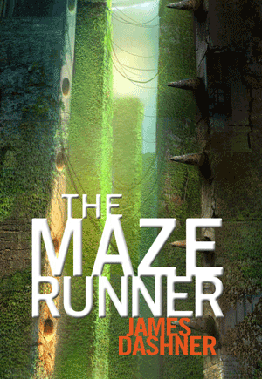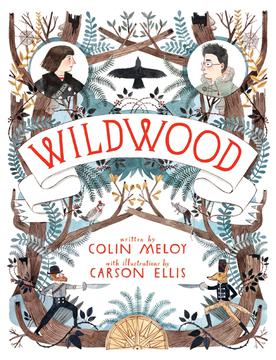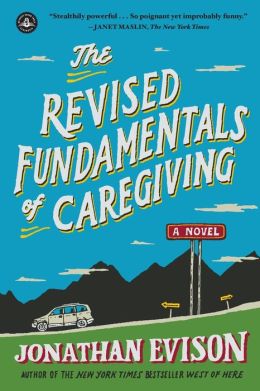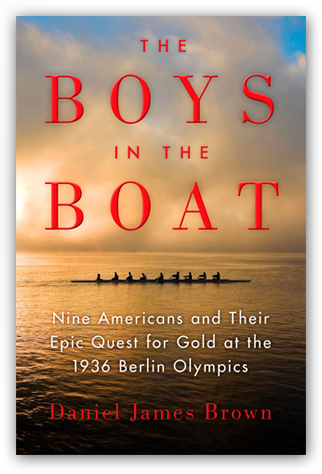Hello again! I have missed our conversations, even though they're mostly one sided. It's okay, I know this blog is mostly me talking to myself, but in a socially appropriate way. I knew I was also missing the writing part of the blog when I started carefully crafting my facebook posts, considering my word choice and leads. Yikes.
Without you all to talk to, I've had some fairly spectacular runaway trains of thought about the books I've read. I end up just milling over the stories and characters until they seem a bit more real to me than the actual children playing in front of me. So let me just empty my head a little here.
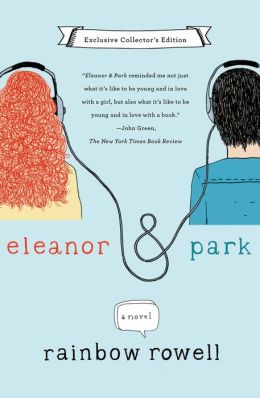
Eleanor and Park
Young Adult Fiction by Rainbow Rowell
OMG, this book is amazing. The teenagers featured in it might mock me for using the term "OMG," because they are both very snide and pretty sophisticated for teenagers. But they might also be confused, because they are from the 1980's, before anyone said "OMG." I loved both of these things: snide teenagers and the 1980's cultural references. If you like neither, don't worry, this book could still be for you, because the kids are also heartbreakingly tender and awkward and messed up, and because the story proves that kids are kids no matter when or where, which really appealed to me as a teacher. There's also the Romeo and Juliet element that shines clearly through, a timeless story that makes the band names and clothing choices irrelevant. Love wins and love hurts, in Verona and in the mid-west.
The Revised Fundamentals of Caregiving
Novel by Jonathan Evison
I quit this book. You know my trigger: violence against children. I can't say this had violence because I didn't finish, but for sure some kids were going to die, so I just up and quit. All I learned was that it was about a guy in a second career, as a home caregiver to a teenager with a disability, and the guy was not happy. I wasn't finding many redeeming qualities there.
My mom said she liked, so maybe you did or will, too, but my reading hours are too precious to spend them tense and nervous.
Boys in the Boat
Non-fiction by Daniel James Brown
LOOOOOOOOVVVVVVE this book. Is this one a movie yet? I am even more behind on movies than I am on books, so I'm not sure. I know Unbroken, which seems similar and is on my nightstand stack of to-reads, is a movie now. Anyway, non-fiction is definitely not usually high on my list but this read more like a memoir. The author must have practically lived with the families of the boys who rowed in the 1930's UW and Olympic crew, in order to get as much detail as he did. It was riveting in its action and descriptive in its characterization and informative in its non-fictionalness. (Yes, I know that's not a word, but it seemed fitting.) I wanted to call my friends who rowed in college and say, "I get it now!" I really felt like I was IN the boat at times. So maybe I don't need to see the movie. Books are almost always better anyway.
The Dovekeepers
Historical Fiction by Alice Hoffman
Have you read Alice Hoffman? She has an impressively long list of works at the beginning of this one, but none of them seemed familiar. Either I read her and she wasn't memorable until now, or I need to check out some of her other books. This was outstanding. It's historical fiction that comes to life, so like Brown (above), she must have absolutely lived and breathed this book for years. The story of the Jewish fortress Masada holding out against the early AD Romans is apparently well known, but it wasn't to me before now. The culture and history was fascinating to me, but even better was the way Hoffman wove together the lives of five different women before, during, and after the event. The women are the heroes, both as warriors and peace makers, as they hate and love each other and ultimately make the decision about whether their own lives or the lives of those they love are more important. It's harsh and violent and lush and arid and beautiful and all the adjectives.

Leaving Time
Novel by Jodi Picoult
I am an early Jodi Picoult fan, but after a while her stories all seemed the same to me. Take a controversial issue (organ donation, school shooting, autism, pick your headline) and look at the story from the point of view of five or so characters, with super well written voices and an intricate plot, and then bam, add a twist ending. Despite the twist, it got a little predictable. So I took a break, but coming back to her with "Leaving Time" was kind of nice. Same type of story and characters, but actually with a bit of a throw back in topic. Remember when it was all about elephants for a while? "Water for Elephants" and "Hannah's Dream" and so on. They were all the rage and then it died down, but Picoult seems to be bringing them back. Throw in a troubled adolescent seeking her missing mother, a PI, and a psychic and that's this book, plus the twist ending. The charm (other than its comfortable familiarity to me) is the elephants. As my three year old likes to point out, elephants are my favorite animal and the elephant characters in this book made me love them more. In fact, my only complaint is that some baby elephants die (not a plot spoiler) and it was super close to violence against children for me. I couldn't read it at night for a while without having nightmares. I'm a softie.

The Freedom Writer's Diary
Memoir-ish kind of book
Compiled by Erin Gruell
This has been on my to-read list for years. I haven't seen the movie, either. So in a dearth of much else to read, I picked it up and gave it a try. It was interesting for a while to think about my own students and classes as I read about the struggles that these students, who wrote most of the journal entries in the diary, had in their lives. It made me contemplate how I can better understand and connect with my kids. But it was also frustrating because the teacher featured in it gives time and resources to her students that I don't have. So after gleaning several insights, I stopped about half way through in favor of something that gives me more of a break after grading papers on a Saturday night.
What's next? I'm currently reading "Paper Towns" by John Green (of "The Fault in our Stars" fame) and I also have "All the Light We Cannot See" and "Unbroken" and something else I can't remember). Cheers!
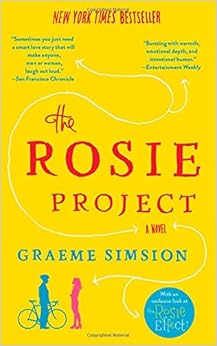






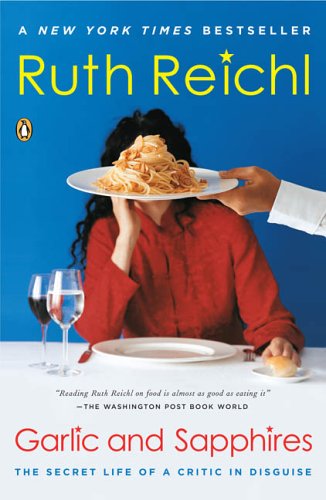

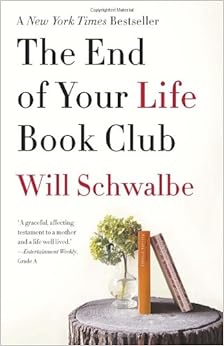






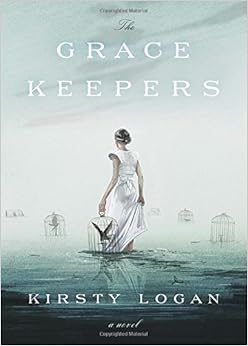

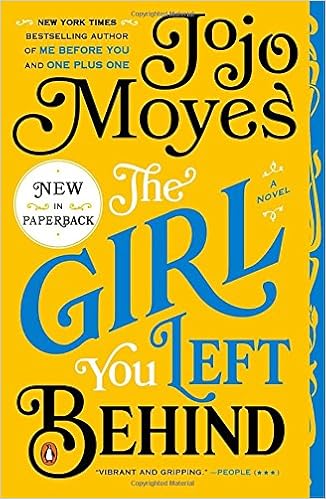
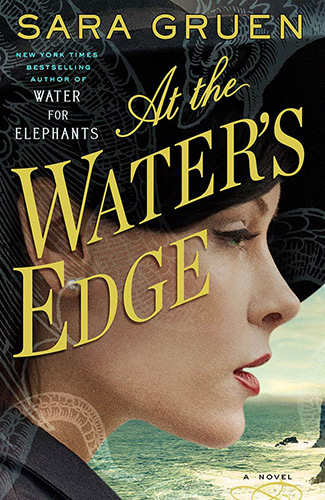
.jpg)

